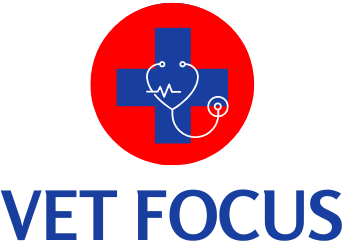As future veterinarians, aspiring to serve and protect the well-being of animals goes beyond clinical expertise. It encompasses a profound understanding of animal welfare laws and ethics, a responsibility integral to the practice of veterinary medicine.
The Foundation of Animal Welfare Laws
Animal welfare laws serve as the backbone for ensuring the fair treatment and humane care of animals. Familiarizing oneself with these laws, ranging from local regulations to national and international statutes, is crucial. The understanding of these legal frameworks empowers vet students to advocate for animals within the confines of the law.

Ethical Considerations in Veterinary Practice
Ethics form the moral compass guiding veterinary professionals. Exploring ethical dilemmas, such as euthanasia, treatment choices, and owner consent, equips students with the ethical reasoning necessary to navigate challenging situations in practice. Upholding ethical standards safeguards both the well-being of animals and the integrity of the profession.
The Role of Vet Students
As future custodians of animal health, vet students play a pivotal role in shaping the application of animal welfare laws and ethical principles. Here are key responsibilities:
- Education and Advocacy: Educate oneself and others on existing laws and ethical guidelines. Advocate for animal welfare within and beyond the classroom.
- Application in Practice: Implement ethical decision-making frameworks in clinical settings. Ensure that every action prioritizes the welfare of the animal.
- Continual Learning: Stay updated on evolving laws and ethical considerations. Embrace lifelong learning to adapt and apply ethical principles effectively.

Challenges and Opportunities
Navigating the intricacies of animal welfare laws and ethics can pose challenges. Conflicting laws, cultural differences, and evolving societal norms may create ethical dilemmas. However, these challenges present opportunities for vet students to critically analyze, adapt, and contribute to the discourse on animal welfare.
For additional recommendations and guidance about veterinary science as well as practice, Kindly visit our website thevetfocus.com
Also explore Vet Focus's "Vet School Bundle", which includes Veterinary Pharmacology, Equine Health, and Diseases and Conditions. This study resource helps you to equip with the essential topics in the field of veterinary medicine."

